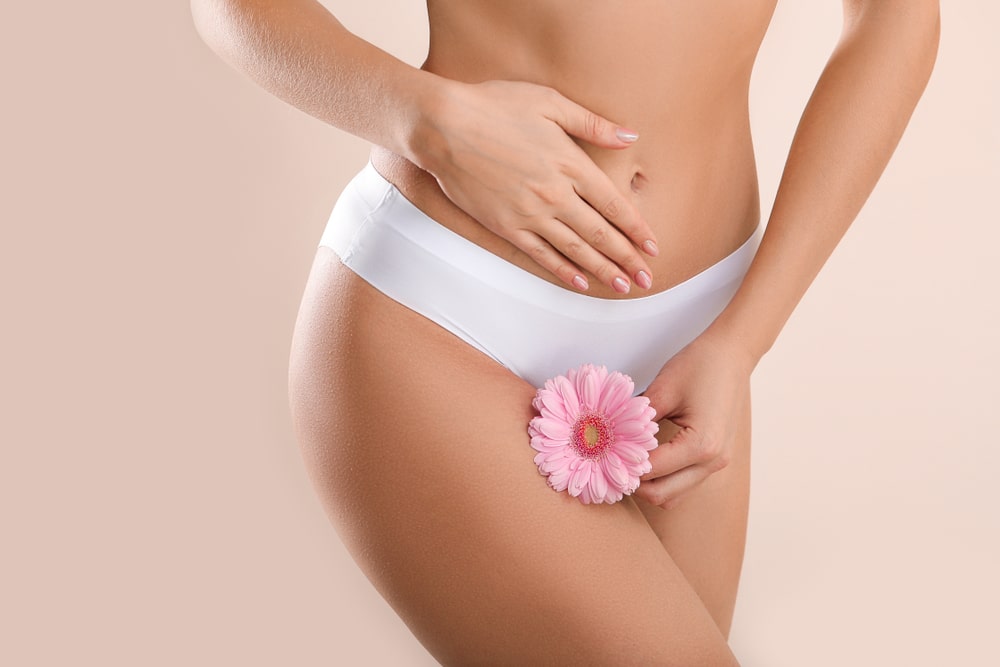Urinary incontinence in women is a prevalent and often distressing condition with multiple potential causes and varied treatment options. Affecting a broad spectrum of the population, this condition can significantly impact daily activities and overall quality of life. We at Aledo Empowered Wellness in Aledo, TX, understand the complexity of urinary incontinence and are committed to providing effective treatment solutions tailored to each individual’s needs. This blog post explores the intricacies of urinary incontinence, delving into its causes, treatments, and prevention strategies to empower women with knowledge and options.
What Is Urinary Incontinence?
Urinary incontinence, the involuntary loss of bladder control, is a common issue faced by women. It ranges from the occasional leakage when coughing or sneezing to a strong, sudden urge to urinate that is difficult to control. The condition can arise temporarily due to certain foods, medications, or urinary tract infections. However, persistent urinary incontinence typically indicates underlying physical changes or health issues.
What Are the Causes of Urinary Incontinence?
The causes of urinary incontinence are diverse and often interconnected. The primary underlying factor is typically a weakening of the muscles of the pelvic floor that support bladder function. This weakening may result from:
Aging
One common cause of urinary incontinence is the natural aging process, which can weaken the muscles and tissues that support the bladder and urethra. This weakening can lead to a decreased ability to control urine flow, resulting in incontinence.
Pregnancy and Childbirth
In women, pregnancy and childbirth can stretch and damage the pelvic floor muscles and nerves, making it more difficult to control the release of urine. This can lead to both short-term and long-term urinary incontinence issues.
Obesity
Excess body weight can put increased pressure on the bladder and surrounding structures, leading to stress urinary incontinence. This condition occurs when physical stress, such as coughing, sneezing, or lifting, causes unintentional urine leakage.
Neurological Disorders
Neurological conditions or injuries that affect the nerves controlling the bladder can result in urinary incontinence. Conditions like multiple sclerosis, Parkinson’s disease, or spinal cord injuries can disrupt the communication between the brain and the bladder, leading to issues with bladder control and coordination.
Medications
Certain medications, such as diuretics, sedatives, and some antihypertensive drugs, can affect bladder function. They can increase the likelihood of urinary incontinence as a side effect.
Urinary Tract Infections (UTIs)
Infections in the urinary tract can irritate the bladder and cause temporary incontinence. Treating the underlying infection typically resolves the incontinence issue.
What Are Some Treatments for Urinary Incontinence?
Treatment options for urinary incontinence depend on the type of incontinence, its severity, and the underlying cause. At Aledo Empowered Wellness, we offer specialized treatments designed to enhance pelvic floor strength and restore bladder control:
FormaV
FormaV is a therapeutic device that uses gentle heat to stimulate and strengthen the tissues within the vaginal canal. The treatment aims to remodel tissue and improve its elasticity, enhancing support for the urinary tract. It can be particularly beneficial for stress urinary incontinence and may also provide relief for those with an overactive bladder.
VTone
VTone utilizes intravaginal electrical muscle stimulation to rehabilitate weak pelvic floor muscles and improve muscular tone. By delivering neuromuscular electrical stimulation at customizable levels, VTone can re-educate the pelvic floor muscles to function more effectively, thus offering an effective urinary incontinence treatment for various bladder control issues.
How Can You Prevent Urinary Incontinence?
Urinary incontinence prevention focuses on maintaining a strong pelvic floor and healthy bladder habits. The following strategies are integral to prevention:
Maintain a Healthy Weight
Excess weight can put additional pressure on the pelvic floor muscles and increase the risk of urinary incontinence. Maintaining a healthy weight through a balanced diet and regular exercise can help alleviate this pressure and reduce the likelihood of developing the condition.
Stay Hydrated and Avoid Irritants
Maintaining proper hydration is essential, but excessive consumption of bladder irritants like caffeine and alcohol can contribute to urinary incontinence. Limiting your intake of these substances, especially in the evening, can help prevent urgency and leakage. Additionally, avoiding spicy foods and citrus fruits, which can irritate the bladder, may benefit some individuals.
Manage Chronic Conditions
Chronic conditions such as diabetes, constipation, and chronic cough can contribute to urinary incontinence. Properly managing these conditions through medication, lifestyle changes, or medical treatment can help reduce the risk of incontinence or alleviate its symptoms.
Avoid Smoking
Smoking can lead to chronic coughing, which can weaken the pelvic floor muscles and contribute to stress incontinence. Quitting smoking can improve overall health and reduce the risk of urinary incontinence.
Stay Active
Regular physical activity can help maintain muscle tone and support the pelvic floor muscles. Incorporate exercises that target the core and pelvic area into your fitness routine to help prevent urinary incontinence.
What Makes a Good Candidate for Urinary Incontinence Treatments?
Urinary incontinence is a common condition that affects many women. While it can be a source of embarrassment or anxiety, there are options for treatment. Women who have not seen improvement with traditional therapy or are not interested in surgery may find relief through treatments such as FormaV and VTone.
Additionally, women with an overactive bladder or who wish to enhance pelvic floor muscle function may benefit from these treatments as a preventive measure. We understand the impact of urinary incontinence on daily life. That’s why we offer a comprehensive consultation to evaluate each individual’s condition and determine the most appropriate treatment plan.
Find Relief from Urinary Incontinence in Aledo, TX
Urinary incontinence doesn’t have to be a permanent condition. With the right approach, treatments, and preventative measures, women can address this issue with effective and lasting solutions. Our mission at Aledo Empowered Wellness in Aledo, TX, is to ensure that each patient receives the personalized care and attention they need to manage urinary incontinence successfully.
If you’re struggling with this condition, remember that treatment is available and tailored to suit your unique needs. For more information on our treatments and to schedule a consultation with us, contact us online or call us at (682) 332-0169.




